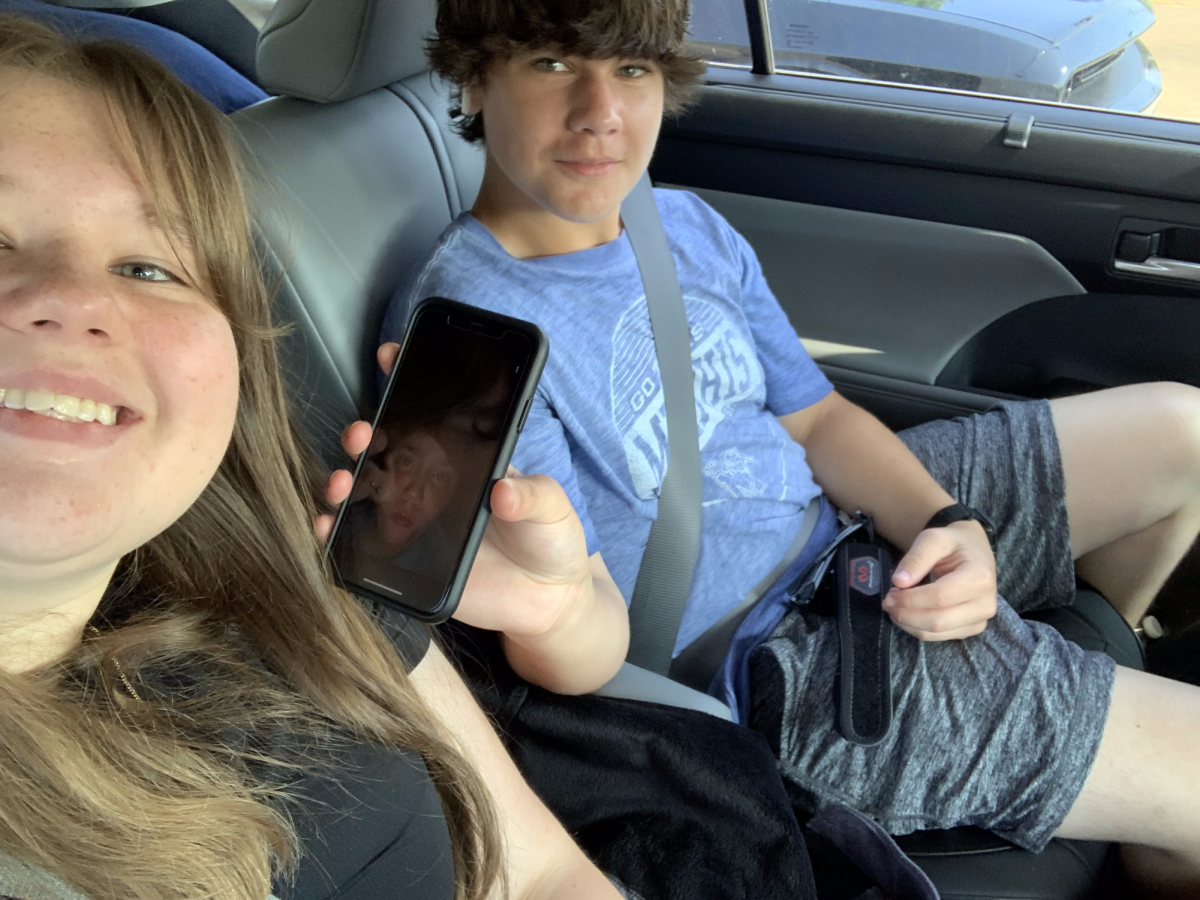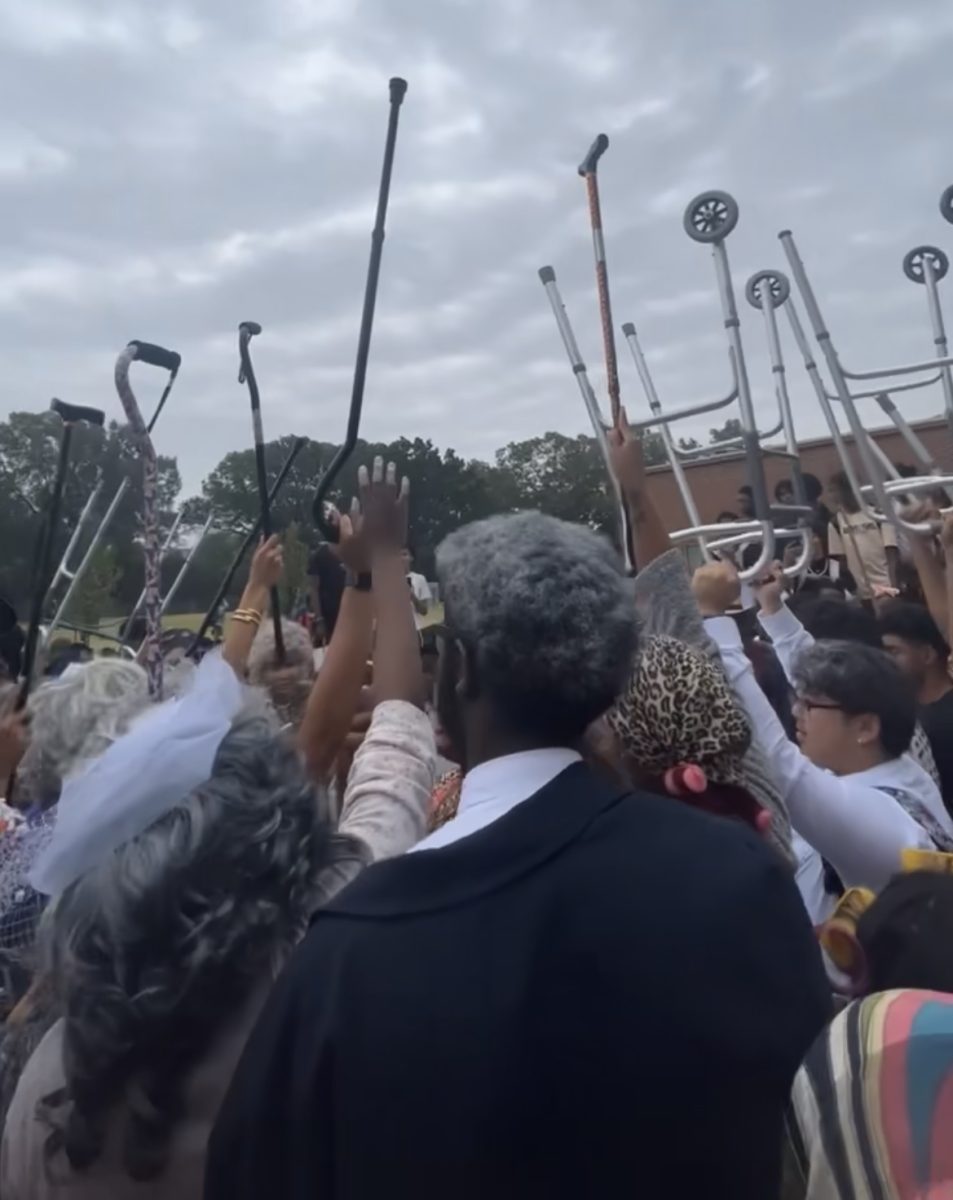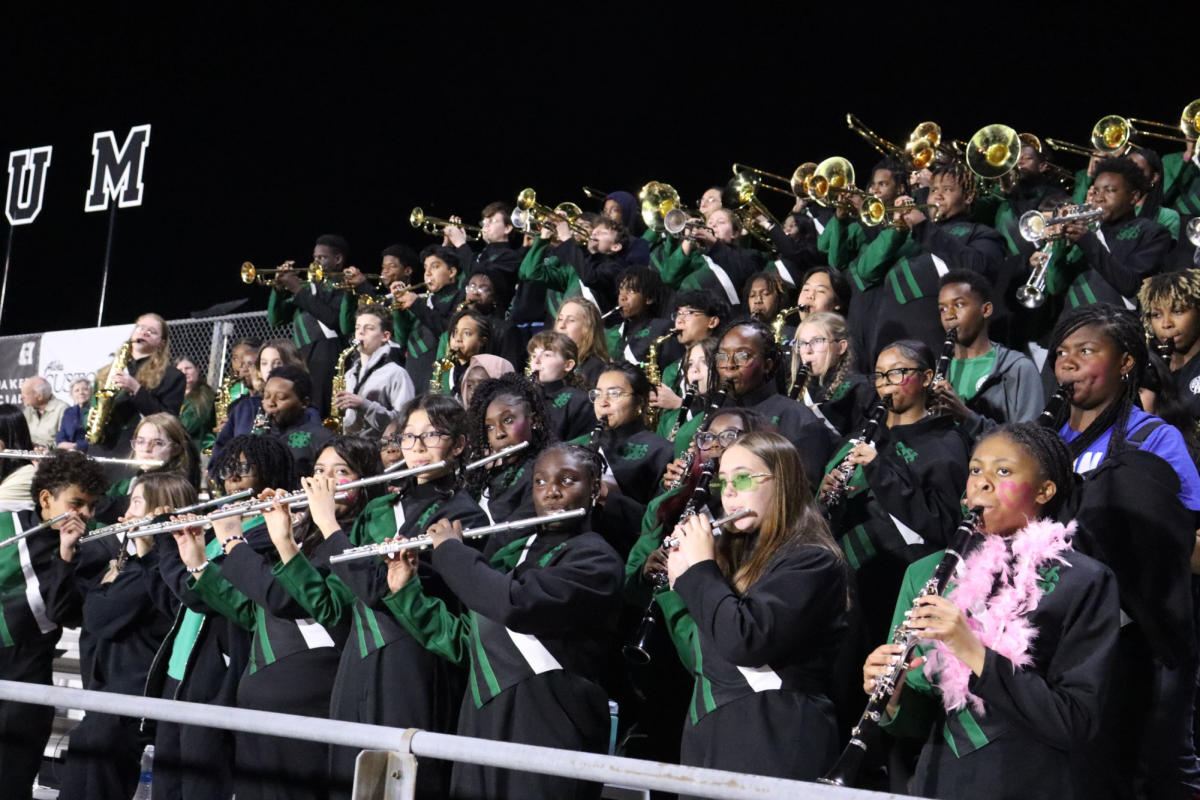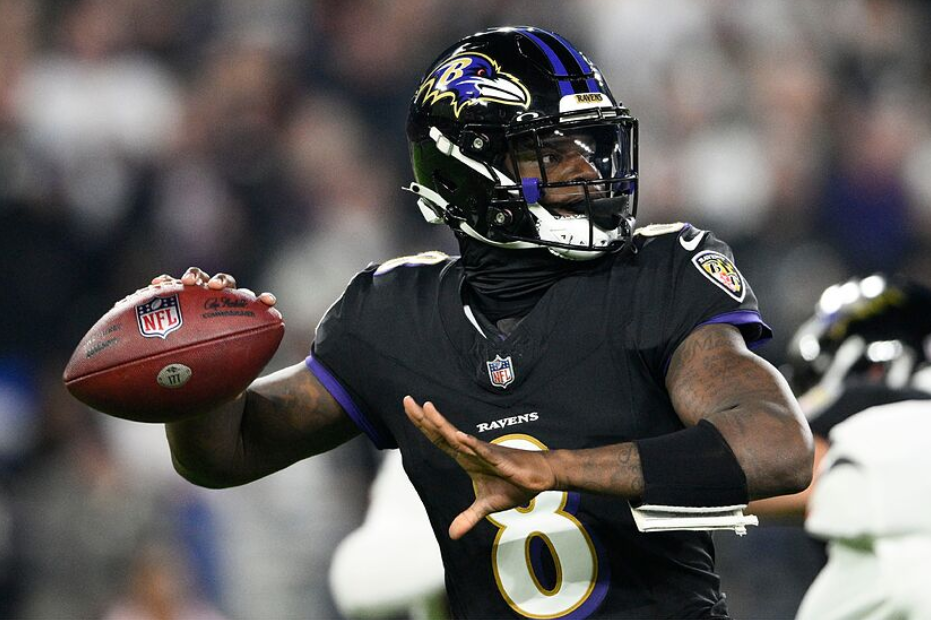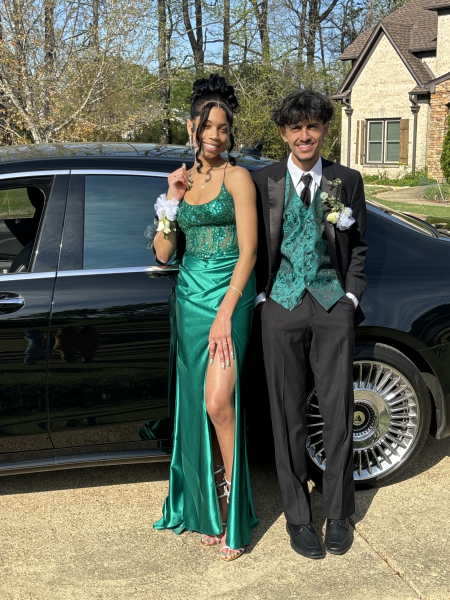Effects of predisposed racial stereotypes
A black girl, berated for acting “too white.” A white girl, shamed for appreciating a culture outside of her own. Bound to preset standards, high schoolers across the country suffer racial stereotyping every day. Verbal abuse that follows hurts even worse.
London Pirtle (11), an African-American student, has suffered stereotyping for most of her life.
“People say I don’t act black,” Pirtle said. “They say the music and shows I watch aren’t ‘black’ shows. They say I act white.”
Racial stereotyping can be seen as a form of bullying, especially when it proves traumatic for the victim.
“I used to get really angry about it,” Pirtle said. “I’m obviously black. I’ve experienced things like discrimination.”
Madison Craig (11), a white student, is told she “acts Hispanic.” Her story exemplifies just how malicious racial stereotyping can be.
“I got interested in the culture when I worked at La Michoacana,” Craig said. “That’s where I learned a lot of my Spanish.”
In Jan. 2015, a group of her friends came in the store and took videos of her, posting them on social media with the caption “white girl trying to be Mexican.”
“It made me cry. I felt hurt,” Craig said. “I have bad anxiety about it.”
Teens, even adults, are often guilty of racial stereotyping. Although many try to avoid generalizations, it is simple human nature to categorize people, beginning at a young age. As people grow older and are influenced by media, parents, and peers, tendencies to label different racial groups with certain stereotypes begin to fester.
“You can’t really act a color,” Craig said. “Why does race have to play a factor in who we are and how we’re categorized? People who ‘act’ a race are probably just passionate about the culture. I think Hispanic culture is beautiful.”
Current political issues prove the importance of accepting one another, despite racial differences.
“There’s not a lot of people of other races involved in Latino culture,” Craig said. “With issues like DACA, it’s important to stand up for it.”
People cannot be expected to act a certain way based on skin color.
“You aren’t bound to your stereotypes,” Pirtle said.
Your donation will support the student journalists of White Station High School. Your contribution will allow us to purchase equipment and cover our annual website hosting costs.



